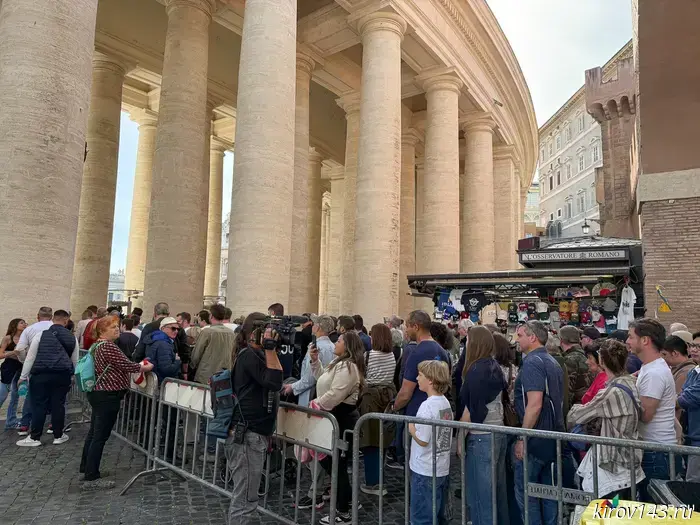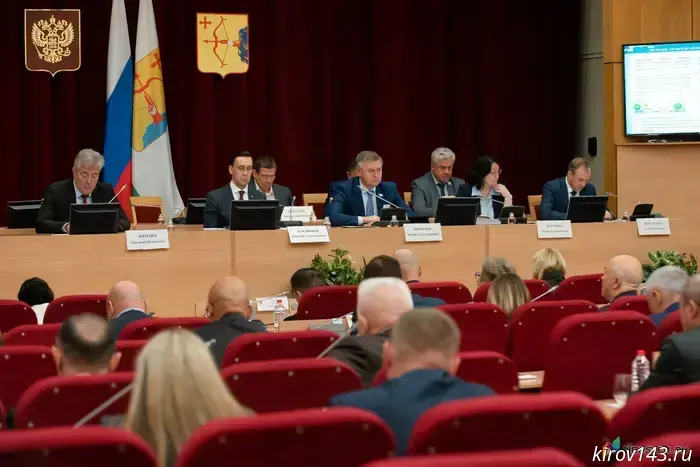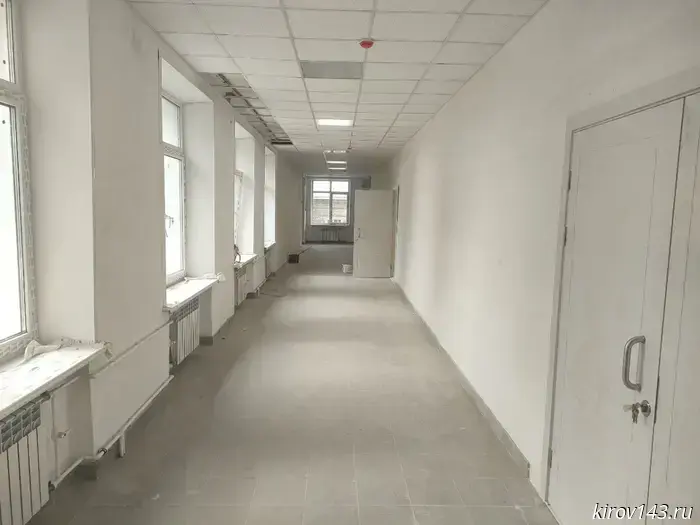
The Good Pope: how Rome accepted the death of the pontiff
Cardinal Kevin Farrelly announced the sad news to the world: "Dear brothers and sisters, it is with deep pain that I must inform you of the passing of our holy Father Francis." But even on Easter Sunday, despite his serious illness — the day before the pope had contracted bilateral pneumonia accompanied by a polymicrobial infection, he received blood transfusions and underwent lung ventilation — he went out to thousands of believers and blessed them. And even though the traditional message was read by his assistant, the main thing for Catholics was to see their Pope.
"... Despite the sad news, life in Rome has not stopped. The pilgrims broke into the holy gates for absolution, after which they wandered through the square and streets of the Vatican, photographed the Swiss guards, scattered to cafes or sat down right under the windows of the Holy See with gelato, sandwiches, drinks — the Pope's death did not discourage the appetite of the flock. On that dark "bright Monday" when you expect to see the tears of believers, or at least sorrow, few people even looked upset," our correspondent from Rome reports.
The death of Pope Francis is the end of an era
On April 22, 2025, the Monday after Easter, Pope Francis passed away. He passed away at the age of 88 at his residence Domus Santa Marta, after suffering a stroke.
Francis' pontificate lasted for more than 12 years and became a symbol of openness, mercy and social justice. He won the love of millions of believers around the world due to his humble style of communication, special attention to the poor, immigrants and the environment. One day, in 2015, Francis said in an interview that he wanted to be remembered as just a nice guy. That's probably what he was.
The Pope's funeral is scheduled for April 26. In accordance with his last will, Francis will be buried in Rome's Santa Maria Maggiore Basilica, rather than in the traditional tomb under St. Peter's Cathedral - this is the first time such a precedent has occurred in more than a century."Sede vacante" and waiting for the new Pope
The death of Pope Francis marked the beginning of the sede vacante period. Until the election of a new pontiff, the Vatican is governed by the College of Cardinals.
The conclave, which will elect the 267th Pope, is expected in the first half of May. Cardinals from all over the world will gather in the Sistine Chapel to choose behind closed doors who will continue the path started by Francis.
Jubilee Year 2025: "Pilgrims of Hope"
It is symbolic that 2025 was pre—proclaimed the Jubilee Year, a special event that the Catholic Church holds once every 25 years. It is held under the motto "Pilgrims of Hope" and is dedicated to spiritual renewal and forgiveness.
Pope Francis personally opened the Holy Door of St. Peter's Basilica on December 24, 2024, as well as the door to Rome's Rebibbia prison, a gesture emphasizing the priority of mercy in his pontificate. Millions of pilgrims from all over the world went to Rome to take part in the Jubilee celebrations.
The Pope's death in the middle of this holy year transformed the significance of the Jubilee: from a feast of hope, it also became a time of mourning, prayer, and deep reflection on the fate of the Church.Hope through sorrow
2025 is a year of farewell and expectation for the Vatican. Saying goodbye to the Pope, who changed the face of the Catholic Church, and waiting for a new pastor who can continue this path. The Jubilee year became a spiritual bridge between the two pontificates and a time when millions of believers felt that hope is not just the theme of the year, but the deep essence of faith.
The Catholic Church is entering a new era, but it is doing so with gratitude for the legacy of Pope Francis and with hope for the future.
Другие Новости Кирова (НЗК)
 Kirov residents were banned from using barbecues
A number of bans have been introduced in the Kirov region in connection with the establishment of a fire safety regime.
Kirov residents were banned from using barbecues
A number of bans have been introduced in the Kirov region in connection with the establishment of a fire safety regime.
 Head against the wall: Kirov resident received 8 years of "strogach" for the murder of a drinking companion
A 37-year-old resident of Kirov attacked a friend during a drinking session.
Head against the wall: Kirov resident received 8 years of "strogach" for the murder of a drinking companion
A 37-year-old resident of Kirov attacked a friend during a drinking session.
 The Legislative Assembly adopted a law on personnel support in rural areas
The deputies adopted the bill in two readings.
The Legislative Assembly adopted a law on personnel support in rural areas
The deputies adopted the bill in two readings.
 On April 24, traffic congestion in Kirov — 3 points
The regional State Traffic Inspectorate reported on the presence of traffic jams in Kirov on Thursday.
On April 24, traffic congestion in Kirov — 3 points
The regional State Traffic Inspectorate reported on the presence of traffic jams in Kirov on Thursday.
 The Kirov region trains personnel for management companies
The students, together with the specialists of the regional GJI, learned how to conduct an inspection visit in practice.
The Kirov region trains personnel for management companies
The students, together with the specialists of the regional GJI, learned how to conduct an inspection visit in practice.
 9.8 million worth of forest was illegally cut down in Verkhoshizhemsky district.
A criminal case has been opened on the fact of illegal logging on an especially large scale.
9.8 million worth of forest was illegally cut down in Verkhoshizhemsky district.
A criminal case has been opened on the fact of illegal logging on an especially large scale.
The Good Pope: how Rome accepted the death of the pontiff
The bright Monday of Easter week was overshadowed for many by the news from Rome that "Father Francis" had died.
